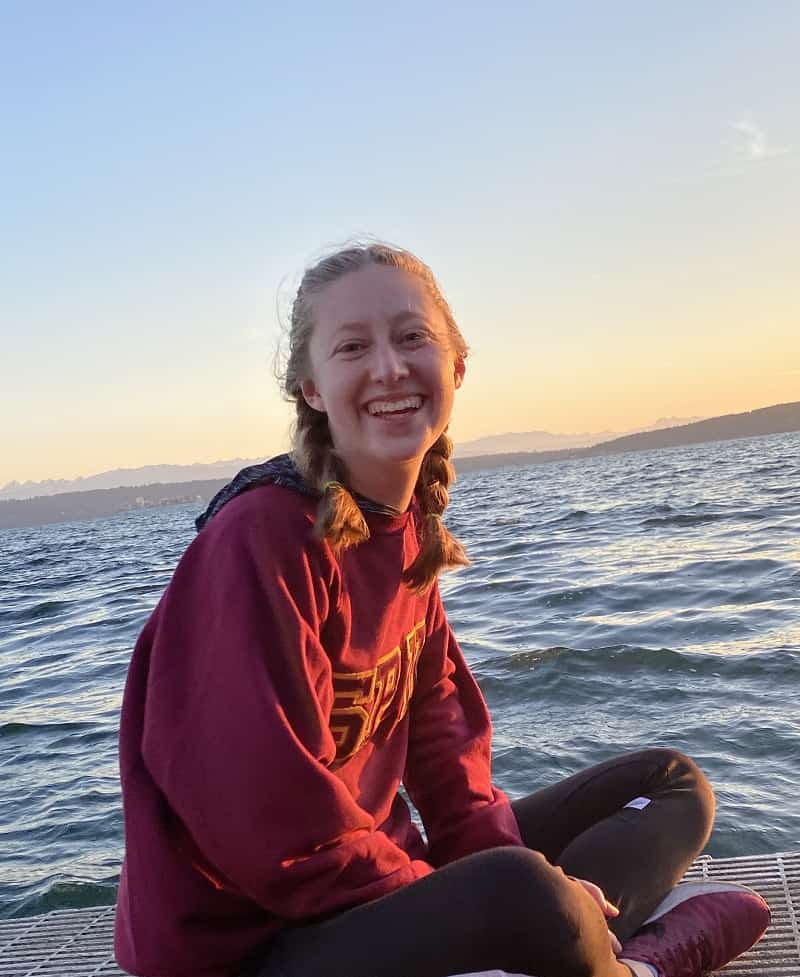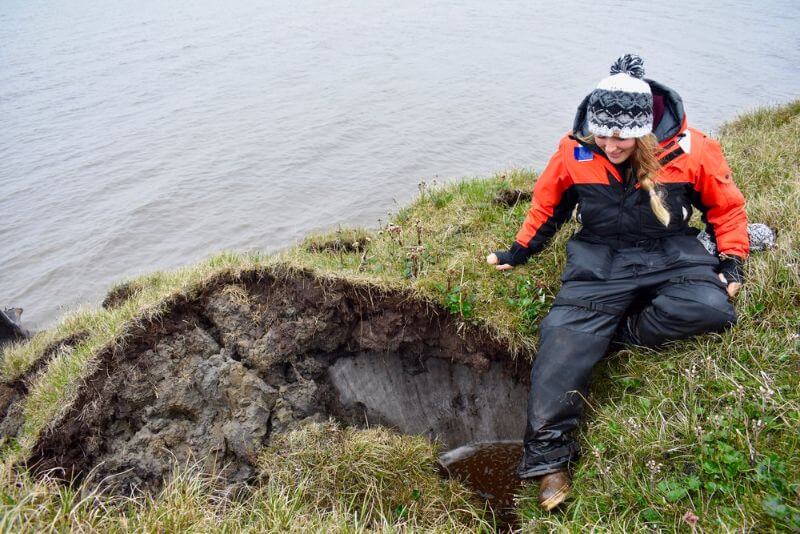Student Research at BLE LTER
Science at the BLE LTER includes substantial field and analytical opportunities for graduate students as we jointly seek to understand how the strong seasonality in physical events drive biological processes that shape the complex nature of Arctic lagoon ecosystems. Graduate students and their research are an essential part of the BLE network. Students bring new ideas and perspectives into research and through their adept networking skills, enable productive interactions within the BLE LTER. The diverse science of the BLE LTER (from sea ice dynamics to benthic ecology) attracts graduate students across multiple disciplines that are based at several institutions across the U.S. Students interested in working on research initiatives within the BLE LTER are encouraged to contact the relevant investigators.

Student Profiles

Stephen Escarzaga
The University of Texas at El Paso, Environmental Science & Engineering
The overarching goal of my graduate research is to develop novel remote sensing approaches to advance understanding of how Arctic coastlines and near-shore environments are changing, particularly those along the Beaufort Coast of Northern Alaska. The motivation for me to conduct remote sensing research stems from my interest in all things geospatial. I enjoy spending hours panning and zooming around a dense point cloud model of a coastal bluff or a high-res orthomosaic of an entire ecosystem. What really makes this kind of work worth conducting is being able to observe environmental change at your fingertips. Coastal environments, as dynamic and rapidly changing as they are in the Arctic, are perfect subjects for remote sensing.

Mathea Kurtz-Shaw
The University of Texas at Austin, Marine Science Institute
My research interests encompass the variety of organisms that live within and on the sediment of the Beaufort Lagoon Ecosystems. I am interested in the response of benthic microalgal abundance to the yearly shifts in ice coverage and accompanying salinity fluctuations. Additionally, I am exploring how the presence of these microalgae may influence the presence of benthic invertebrates. Given the importance of these benthic microalgae as nutrient sources for much of the Arctic food web and the rapidly shifting ecosystem they live in, I am excited to undertake this work as part of the broader BLE LTER community.

Sasha Peterson
The University of Texas at El Paso, Environmental Science & Engineering
At the nexus of land, sea, cryosphere, and atmosphere, Arctic coastal zones are likely the most critical in terms of rapid change as well as its vitality to local communities. Nearly half of the Beaufort coast is comprised of sheltered shorelines, and despite this protection erosion is rampant. My research aims to assess the drivers of erosion in Arctic lagoons and determine its associated impacts. The overarching goals of my research are: (1) determine spatiotemporal trends of erosion since the late 1940s in Beaufort coastal lagoons, (2) determine the transport and timing of thawing sediments from bluff face to lagoon, (3) improve spatiotemporal resolution of land-ocean transfer and fate of carbon via erosion, and (4) determine the role that the winter season plays on physiochemical properties and vulnerability of Arctic coasts. My research utilizes in situ soil collection, lab experiments, time-lapse imagery, and novel remote sensing using UAVs and satellite imagery.

Sydney Wilkinson
University of Alaska Fairbanks, College of Fisheries and Ocean Sciences
My doctoral work focuses on aquatic systems and trophic linkages that shape food web form and function. I am interested in determining what energy sources (e.g., terrestrial, bacterial, phytoplanktonic) fuel food webs and how these sources change through time and space. I use biomarkers (e.g., stable isotopes, fatty acids) as tools to better understand trophic connectedness and resilience of food webs. It is important to me to work in environments experiencing rapid change to better understand the implications of climate change at a global scale.
Get involved
Interested in keeping up with the BLE student community? Sign up for the BLE student email group. The group serves as the communication channel and forum for reading seminars, professional development opportunities, and other banter. Email the BLE Information Management team at BLE-IM@utexas.edu to be added to the group.
Students interested in working on research initiatives within the BLE are encouraged to contact the relevant investigators.